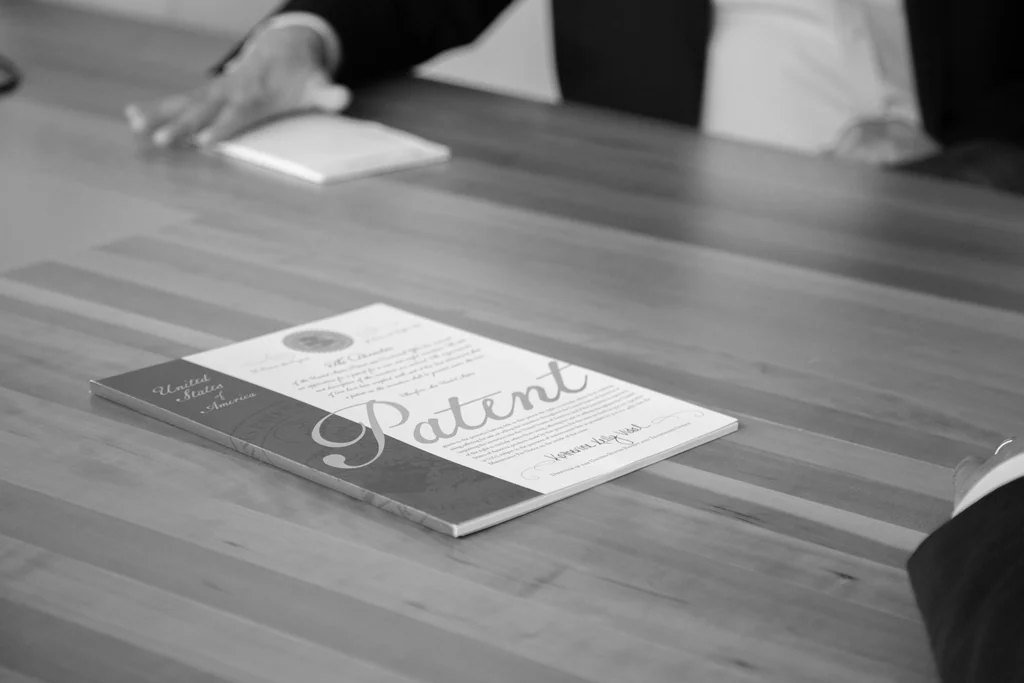Copyright infringement can be a serious — and costly — violation. And often, infringers are people who intentionally misuse someone else’s protected work without permission and without paying for the right to use, reproduce or distribute copyrighted materials.
However, there are also situations where the alleged infringement is “innocent.” In these cases, the consequences of unauthorized use can be less severe.
Proving infringement was innocent
People may use copyrighted material and claim they did not know that they were doing anything wrong. Even if they are truthful in their account, proving innocent infringement is more complicated than arguing it was unintentional.
Innocent infringement requires parties to prove that they not only were unaware of infringing acts but that they also had no reason to believe they were doing anything wrong.
One recent case serves as an example of what innocent infringement can look like. In that case, a woman used a photograph on her company’s website from a content management system. That system included a stock photo library from which her employer paid to use images.
When she used the photo, she assumed — as many reasonable people would — that the pictures in the library her company paid for were properly licensed. Much to her surprise, this was not the case and the photo’s owner sued her employee..
In this case, a court determined that her infringement was innocent because she did not know and had no reason to know that the photo she used was protected by copyright. This story shows that in cases of alleged copyright infringement, intent does matter.
While she still infringed on the photographer’s copyright, the court awarded just $200 — the statutory minimum — for the violation.
Wide range of penalties for infringement
In innocent infringement cases, the courts can reduce an award to $200. This is a much smaller amount than the courts can order infringing parties to pay when they intentionally or accidentally use protected work.
The courts can order as much as $150,000 per work in addition to damages and profits infringing parties collected. Further, the courts can impound illegal works and order the infringer to pay legal fees and expenses. In some cases, infringers could be facing incarceration.
With this in mind, it is crucial for parties involved in a copyright dispute to understand what innocent infringement is and how it can affect legal outcomes.

